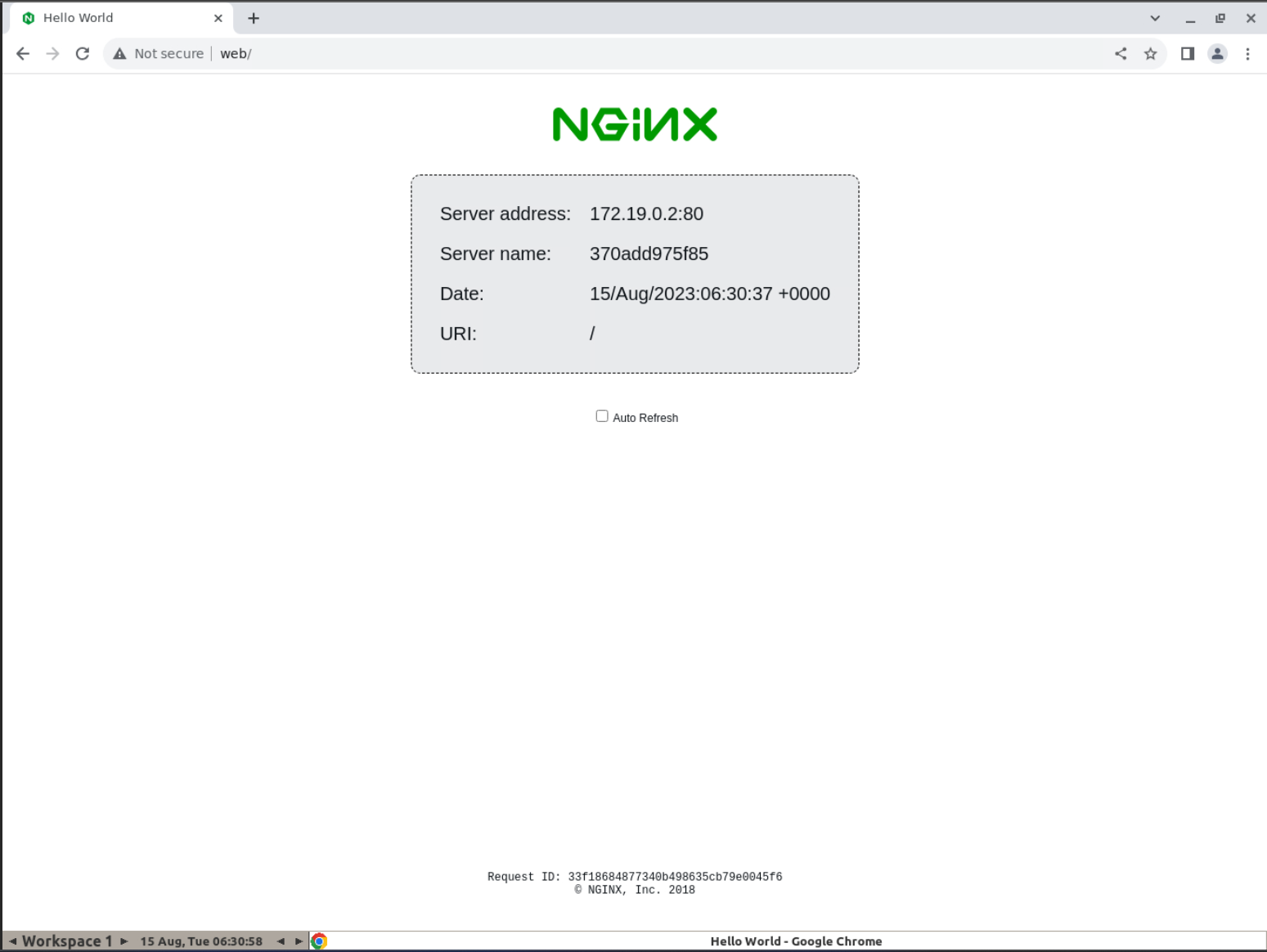Test Dockerized Websites Right Inside Your Docker Container
Table of Contents
The Case #
I recently developed a website that communicated with six different APIs. To manage this, I configured a docker-compose and launched them within a shared bridged network. For the purpose of manual testing, which involved interacting with the website through various actions, I had a couple of options:
- Expose and map each API to distinct ports, and then configure the website to use the corresponding API URLs on the host machine.
- Isolate all components within dockerized environments and utilize the shared network for comprehensive testing.
I preferred the second approach because it allowed me to isolate everything, allowing me to conduct thorough testing in a controlled environment. After exploring various methods, I came across a solution: the utilization of the “selenium/standalone-chrome” docker image.
This particular Linux-based image comes equipped with both the chrome-webdriver and a VNC server. As a result, I can access the environment through a VNC or noVNC client directly within a web browser.
The Code #
Here’s a simple docker-compose.yml that you can see and explore in a minute!
version: "3.8"
services:
web:
image: nginxdemos/hello:latest
networks:
- mynet
browser:
image: selenium/standalone-chrome:latest
ports:
- 7900:7900
shm_size: 2g # Incrase shared memory from 64M (default) to 2g
networks:
- mynet
networks:
mynet:
driver: bridgeThen, spawn the docker containers:
$ docker-compose upThen, go to: http://localhost:7900/?autoconnect=1&resize=scale&password=secret
The password is secret by default.
See it in action, connected via noVNC in host’s Chrome.

More #
Another tool that I found doing so:
The selenium/standalone-chrome is a part of Selenium Grid, which lets me run tests in parallel. Details here: https://www.selenium.dev/documentation/grid/getting_started/